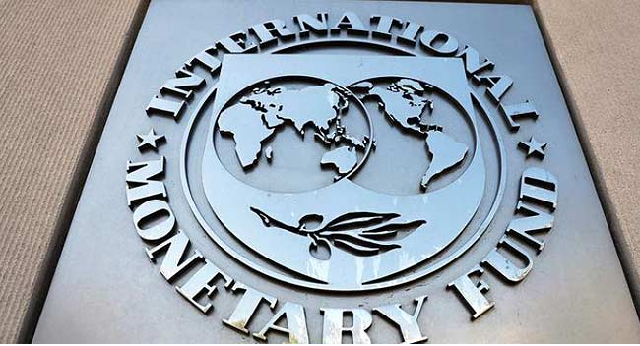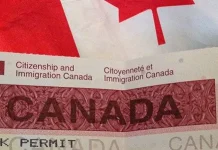The International Monetary Fund (IMF) and Ghana have agreed a staff-level agreement for a three-year extended credit facility worth about $3 billion, according to a statement issued by the IMF on Tuesday.
BizWatch recalls that the West African country addressed the IMF in July, seeking assistance to drive economic performance in the face of macroeconomic headwinds caused by a significant debt burden.
Accra has been downgraded by major global rating agencies, and its notes have been demoted to junk status as part of a financial restructuring plan. Despite efforts to resolve the problem, Accra is facing its worst economic crisis in a generation, with sky-high inflation and spiraling debt.
“The authorities’ strong reform program aims at restoring macroeconomic stability and debt sustainability while protecting the vulnerable, preserving financial stability, and laying the foundation for strong and inclusive recovery,” the IMF statement said.
Reacting to the positive vibe, the 2027 bond enjoyed the largest gains, adding as much as 1.2 cents in the dollar to trade at 37.66 cents, Tradeweb data showed.
“The Ghanaian authorities have committed to a wide-ranging economic reform program, which builds on the government’s Post-COVID-19 Program for Economic Growth (PC-PEG) and tackles the deep challenges facing the country.
“Key reforms aim to ensure the sustainability of public finances while protecting the vulnerable. The fiscal strategy relies on frontloaded measures to increase domestic resource mobilization and streamline expenditure.
“In addition, the authorities have committed to strengthening social safety nets, including reinforcing the existing targeted cash-transfer program for vulnerable households and improving the coverage and efficiency of social spending.
“Structural reforms will be introduced to underpin the fiscal strategy and ensure a durable consolidation. These include developing a medium-term plan to generate additional revenue and advancing reforms to bolster tax compliance.
“This will help create space for growth-enhancing measures and social spending. Efforts will also be made to strengthen public expenditure commitment controls, improve fiscal transparency (including the reporting and monitoring of arrears), improve the management of public enterprises, and tackle structural challenges in the energy and cocoa sectors.
“The authorities are also committed to further bolstering governance and accountability”, IMF said. Nigeria, 33 African Countries Receive $18 Billion from IMF
“To support the objective of restoring public debt sustainability, the authorities have announced a comprehensive debt restructuring. Sufficient assurances and progress on this front will be needed before the proposed Fund-supported program can be presented to the IMF Executive Board for approval.
“Reducing inflation, enhancing resilience to external shocks, and improving market confidence are also important program priorities. Accordingly, the Bank of Ghana will continue to strengthen its monetary policy framework and promote exchange rate flexibility to rebuild external buffers.
“As part of the authorities’ debt strategy, a domestic debt exchange has been launched. The authorities are committed to taking the necessary mitigation measures to ensure financial sector stability is preserved.
“IMF staff held meetings with Vice President Bawumia, Finance Minister Ofori-Atta, and Bank of Ghana Governor Addison, and their teams, as well as representatives from various government agencies.
The IMF team has also kept in touch with other parties. Staff would like to thank the Ghanaian authorities, the Finance Committee of Parliament, and all business sector, trade union, and civil society groups for their open and constructive involvement over the past few months.















